We are bringing the academic and corporate worlds together to help better prepare future graduates in computing fields.
DEAP stands for “DEAPening Employer Academic Partnerships” and is a National Science Foundation (NSF)-funded project centered on the development of a national alliance of partners that are either (a) academic programs and institutions, or (b) companies or other organizations that employ graduates of academic programs and institutions – all involving jobs (or training for jobs) in the computing/technology field. DEAP seeks to develop the academic-industry partnership needed to prepare graduates for long-term success in industry careers.
We are a team of academics with industry partners aiming to address a long-standing disconnect: that these two types of entities do not communicate frequently and substantially enough to shape the academic curricula that currently prepare students. Too frequently, universities are producing graduates that employers perceive as not ready for jobs, and companies are sometimes less than realistic in their expectations of those graduates. We want both sides to come together to work collaboratively on a long-lasting solution that continually adapts to the ever-evolving computing landscape.
DEAP Project Team
Allen Parrish

Project Director
The University of Alabama
Allen S. Parrish is Executive Director of the Alabama Transportation Institute and Professor of Computer Science at The University of Alabama. Previously, Dr. Parrish was Associate Vice President for Research and Professor of Computer Science and Engineering at Mississippi State University, and Professor of Cyber Science and Founding Chair of the Department of Cyber Science at The United States Naval Academy, where he helped to start the cyber operations program. During his tenure at the Naval Academy, the program became one of the first four ABET accredited cybersecurity programs in the country and grew to be one of the largest programs at the academy.
Dr. Parrish previously served for 26 years on the faculty at The University of Alabama in a variety of roles, including Professor of Computer Science, Associate Vice President for Research, and Founding Director of the Center for Advanced Public Safety. Throughout his career, Dr. Parrish has obtained approximately well over 200 funded projects totaling over $100M from a variety of state and federal sponsors. Dr. Parrish has published in refereed journals and conferences in areas as diverse as data science, software engineering, transportation safety and technology education. Dr. Parrish received a Ph.D. in Computer and Information Science from The Ohio State University.
Monica Anderson
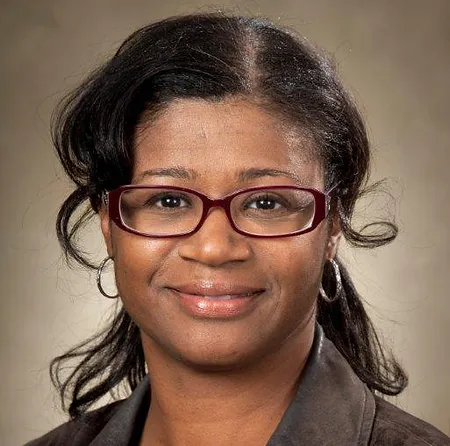
Dr. Monica Anderson is an Associate Professor in Computer Science at The University of Alabama. She is a Co-Director of DREU and a member of CRA-WP. She is a member of the ACM/IEEE CS202X computer science curricular guidelines task force. As a software engineer for Target, Northwest Airlines, and IBM, she specialized in developing and maintaining internal standards on distributed technologies and development tools. Monica has been the faculty advisor to the UA student chapter of ACM since 2008.
Dr Anderson’s research interests include autonomous robot teaming, Human Robot Interaction, Computer Science education, and broadening participation. She has served as PI or Co-PI on NSF funded efforts to study multirobot teaming using intermittent networks and the use of robotics to improve self-efficacy in CS1. She served as an executive member of the ARTSI and iAAMCS BPC alliances, national consortiums of researchers that focus on increasing African Americans’ number and success in Computer Science. She has a Ph.D. from the University of Minnesota and a B.S. in Computer Science from Chicago State University.
Iryna Ashby
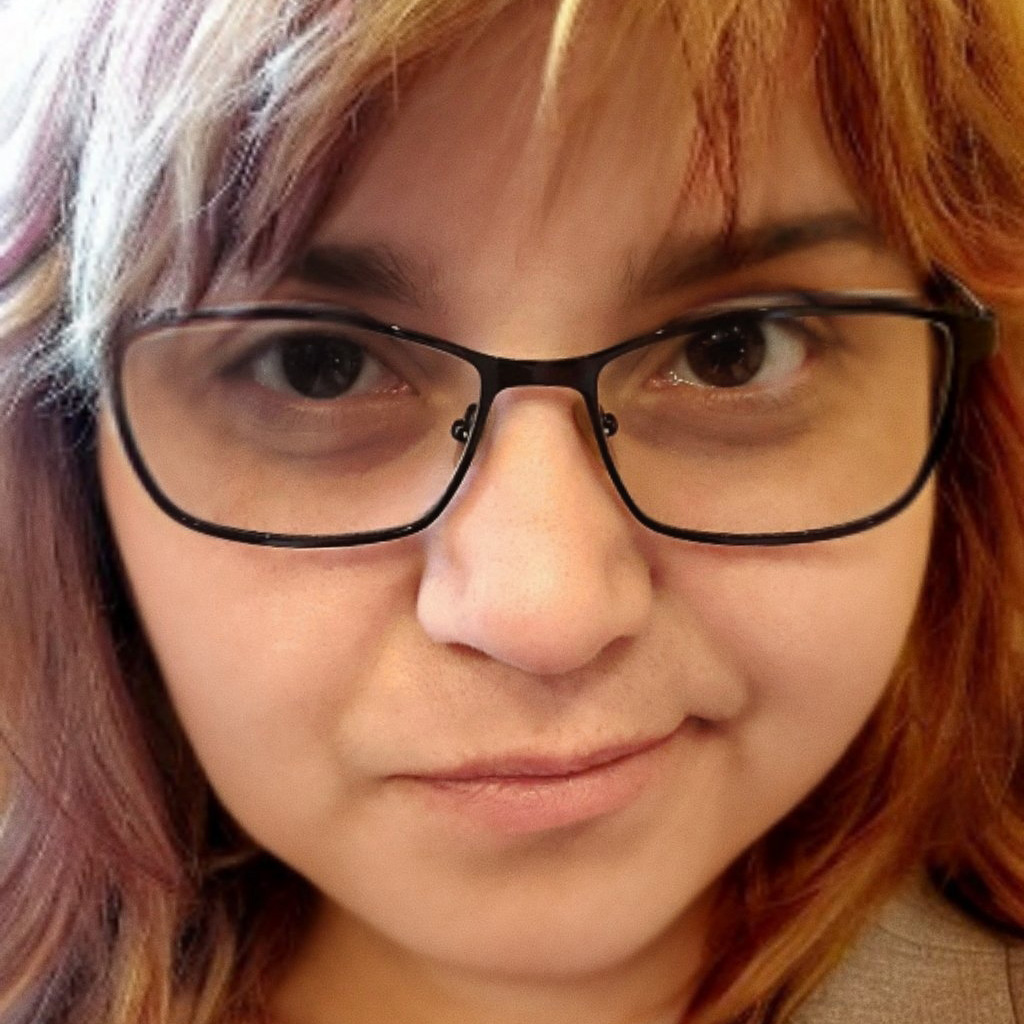
Jay Bhuyan
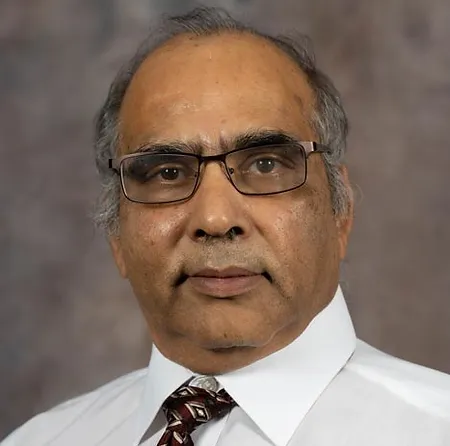
Suzhen Duan
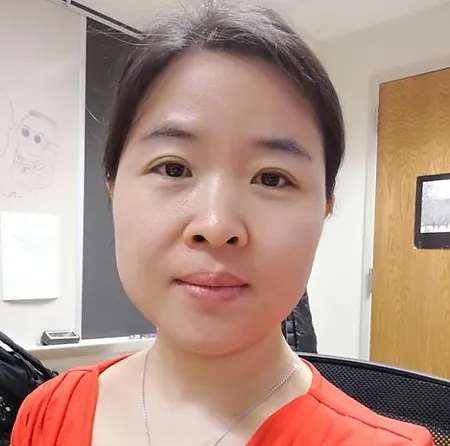
Marisa Exter
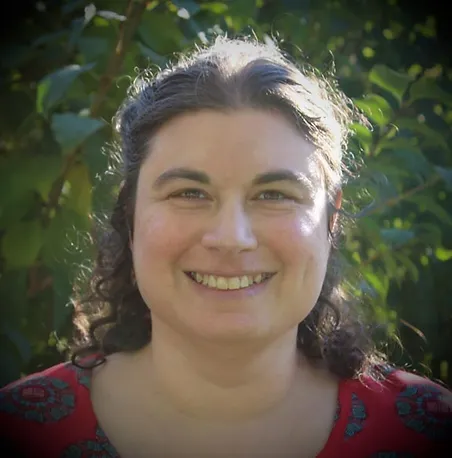
Dr. Marisa Exter is an Associate Professor of Learning Design and Technology in Purdue University College of Education. She has 15 years of experience in software design, development, and project management, and earned her BS and MS in Computer Science, along with a PhD in Instructional Systems Technology. Her research interests focus on formal and non-formal educational experiences of practitioners in design-related fields (such as Computing and Instructional Design professionals), with an aim to improve undergraduate education, especially through interdisciplinary programs and learning experiences. She has experience in qualitative, quantitative, and mixed-methods educational research. She has been involved in curricular development and research related to two competency-based programs.
Marisa takes a mentorship approach to teaching and co-leads an active research family group with members from a wide range of backgrounds and interest areas (https://disruptive.education.purdue.edu/). She is a member of the Computing Curriculum 2020 Task Force and its Competencies committee, and co-coordinator of the Association for Educational Communications and Technology Summer Research Symposium.
Jeff Gray
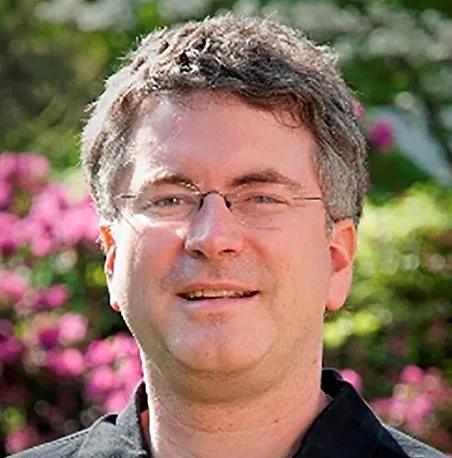
Dr. Jeff Gray is a Professor (Full) in the Department of Computer Science at the University of Alabama (UA) and the Director of the Randall Research Scholars Program. He is a National Science Foundation CAREER award recipient and was named the Professor of the Year (Alabama, 2008) by the Carnegie Foundation for the Advancement of Teaching.
Jeff is a Distinguished Member of the ACM and a Senior Member of the IEEE, and he currently serves as the chair of the Alabama IEEE Computer Society. He also serves on the Development Committee for the College Board’s AP CS Principles course. Jeff is co-chair of Alabama Governor Kay Ivey’s Computer Science Advisory Council and co-wrote the state plan that informed the 2019 K-12 CS Education Bill, making Alabama one of the first 6 states to have established all of Code.org key policies. He was a past member of the Education Advisory Council of Code.org. For over 20 years, he has helped to expand K-12 opportunities in computer science by supporting students (competitions, camps, science fairs) and teachers (professional development opportunities). His most recent effort is an NSG-funded project to train College of Education students to be future K-12 computer science educators.
Jeff received a BS and MS in Computer Science from West Virginia University and a PhD in Computer Science from Vanderbilt University. More information about his work can be found at: https://gray.cs.ua.edu/
Steve Grice
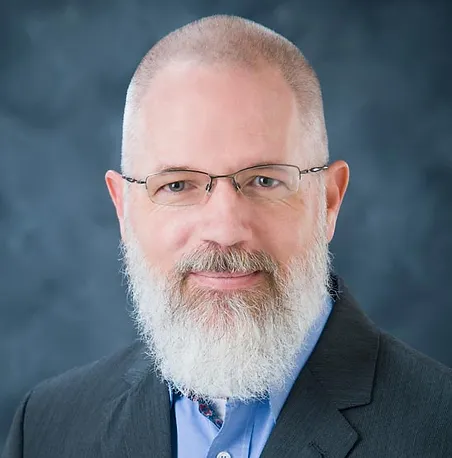
Dr. Grice has been instrumental in bringing in over $110 million in research funding. He works closely with his leadership team to coordinate and manage the work of research faculty, postdoctoral researchers, professional staff, and graduate students across disciplines including sociology, economics, statistics, computer science, communication, and engineering. Dr. Grice also serves as the director of Mississippi’s Statewide Longitudinal Data System (SLDS) State Data Clearinghouse.
Dr. Grice’s research interests and expertise is in the area of data science as applied to education, economics, and workforce development, especially as it pertains to policymaking and data governance around information and data sharing, improving governmental and business efficiency, and integrated information system design. Dr. Grice has authored or co-authored more than 70 journal articles, book chapters, policy briefs, and reports. He is published in many areas and his work appears in technical reports, book chapters, policy briefs, and journals such as Demography, Rural Sociology, Society and Natural Resources, Journal of the Community Development Society, Social Science Quarterly, Southern Rural Sociology, Sociological Spectrum, and Journal of Poverty.
Dr. Grice earned his doctoral degree in Sociology from Mississippi State University.
Kamrul Hasan
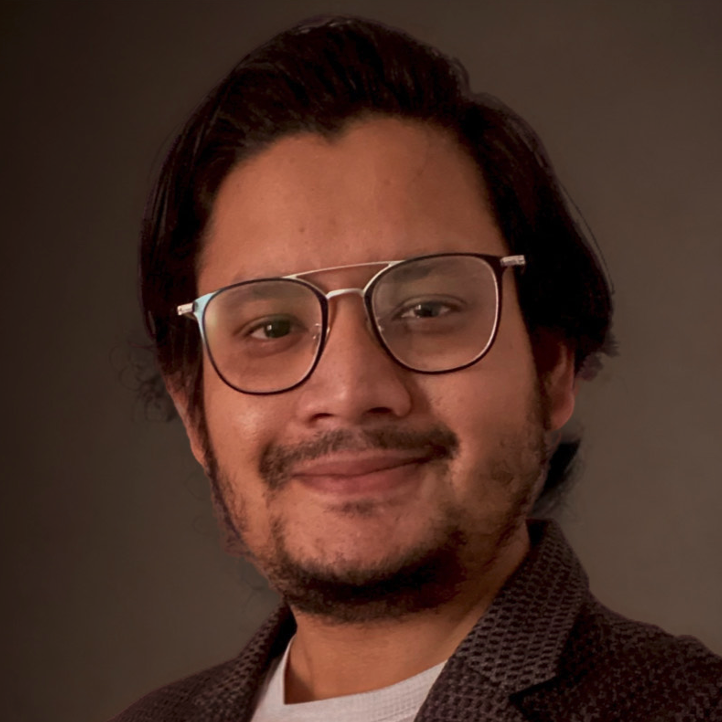
Currently, I am volunteering with Dr. Marisa Exter’s team in the DEAP project. I am thankful for this wonderful opportunity to work with other team members. This allows me to learn and grow alongside my dedicated fellow members.
John Impagliazzo

Impagliazzo has published eighteen books and hundreds of papers and made numerous presentations worldwide. He was editor-in-chief at ACM for nineteen years, where he founded ACM Inroads, the organization’s first computing education magazine, and served in multiple capacities on the ACM Education Board for over thirty years. At IEEE, Impagliazzo actively participated on the IEEE History Committee and has worked with the IEEE History Center for over twenty years, where he created the IEEE History Showcase Project and initiated the IEEE Global History Museum. As Vice President of Publications for the IEEE Society on Social Implications of Technology, he created the IEEE Transactions on Technology and Society journal. He also served on the Board of Directors of the IEEE Foundation for six years.
Impagliazzo has evaluated over one hundred computing and engineering programs worldwide, has more than thirty years of accreditation experience, and has chaired the ACM Accreditation Committee for twelve years. He is a CSAB Fellow, an ACM Distinguished Educator, an IEEE Fellow, and an IEEE Life Member.
Shamila Janakiraman
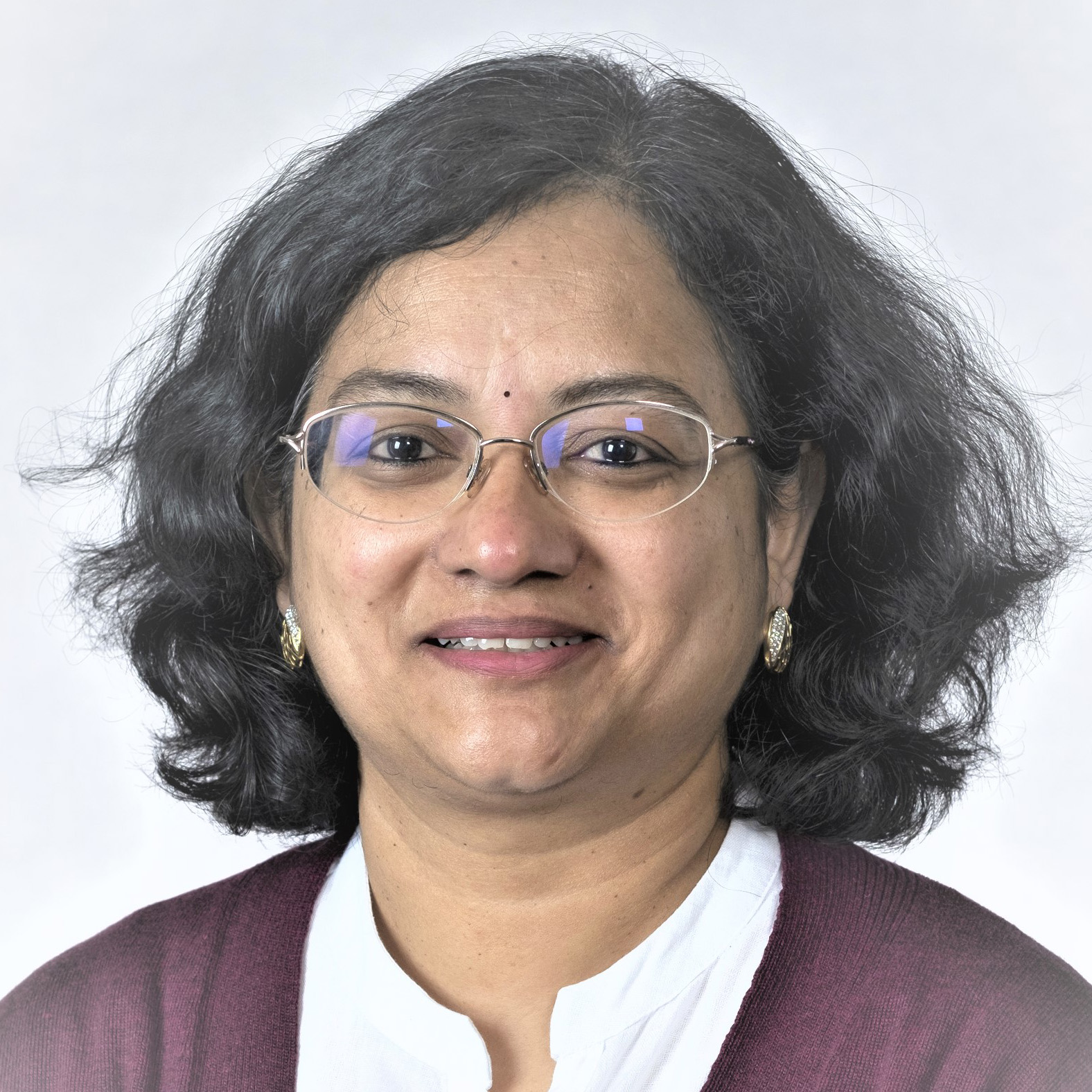
Jonathan Koh
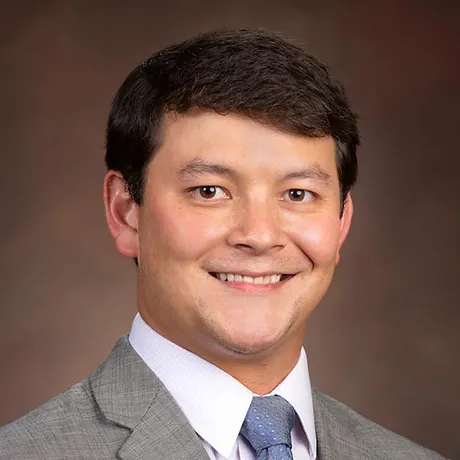
In five years serving as the Director of Grants and Governmental Relations at SSCC, Dr. Koh doubled external revenues for grant funded projects each year. Now serving as the Dean of Workforce and Economic Development, Koh is seeking to enhance impact of all grant funded initiatives, adult education services, workforce development training, work-based learning, career-technical education by aligning SSCC programs and services through regional value streams meeting industry need.
Ankita Kotangale

Rajendra Raj

Interested in program development, quality, and accreditation, Raj currently serves on the Executive Committee of ABET’s Computing Accreditation Commission (CAC). He co-chairs the joint task force of ACM, IEEE Computer Society, and AAAI that is charged with creating the decennial update to the Computer Science Curricular Guidelines. Raj is a member of ACM, ASEE, and IEEE Computer Society. He has a Ph.D. in Computer Science from the University of Washington, Seattle.
Timothy T. Reling, Ph.D.

His applied research examines criminal justice reform efforts within the context of correctional settings through the development, implementation, expansion, and evaluation of risk-needs-responsivity systems, as well as programmatic efforts addressing collateral consequences of incarceration. Throughout his career, Dr. Reling has worked with the Louisiana Department of Public Safety & Corrections (LA DPS&C) as the lead statistician for the development and refinement of the Targeted Interventions Gaining Enhanced Reentry (TIGER) 4 th Generation Risk-Needs Responsivity System. His basic research emphasizes examinations of cultural and social structural determinants of sexual violence on college campuses. His work can be found in technical reports, policy briefs, and peer-reviewed journals such as Deviant Behavior, Journal of Interpersonal Violence, Journal of Police and Criminal Psychology, Urban Studies, and Sex Roles.
Mihaela Sabin
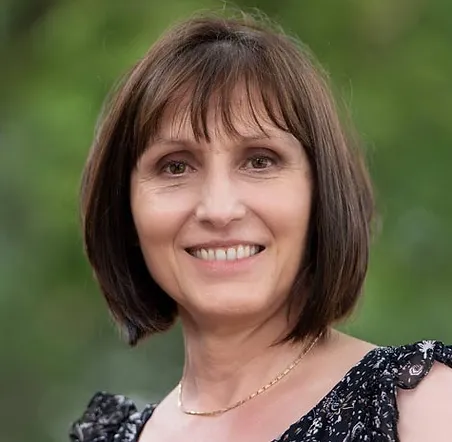
Sabin is a member of the ACM Education Board, serves as the ACM SIGITE Vice-Chair for Education, and represents SIGITE on the ACM Education Advisory Committee. She has also contributed to the AI field of constraint satisfaction. Sabin has an M.S. in Computer Science from “Politehnica” University in Bucharest, Romania, and an M.S. for Teachers in College Teaching, and Ph.D. in Computer Science from University of New Hampshire.
Rahul Simha
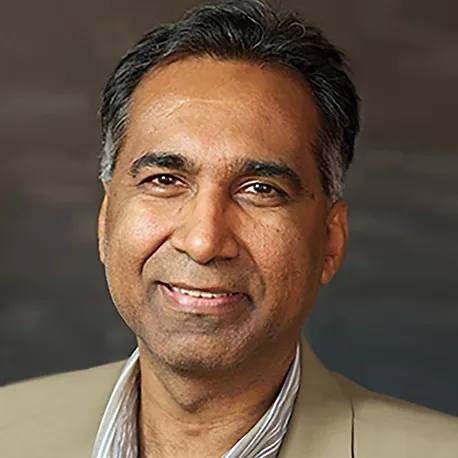
His research interests in the past have included: security and embedded systems, applied AI, educational technology, as well as interdisciplinary areas such as biocomplexity and STEM Education. Currently, his PhD students are exploring topics in computational neuroscience and quantum computing.
He is the recipient of funding from various agencies such as the National Science Foundation, DARPA, and the Air Force Office of Scientific Research. He was a founding member and first Faculty Co-Director of the university’s reformulated teaching center, serving from 2010-2017, and has been involved in and has led numerous educational activities on campus including: co-teaching interdisciplinary STEM courses, co-directing interdisciplinary STEM programs, undergraduate research, senior projects, workshops for K-12 teachers, the Faculty Learning Community for junior faculty, curricular development, assessment, and program development.
He is the recipient of several teaching awards including: 2010 CASE U.S. Professor of the Year for the District of Columbia, the engineering school’s first Distinguished Teacher Award, and several departmental teaching awards.
Adrienne Smith
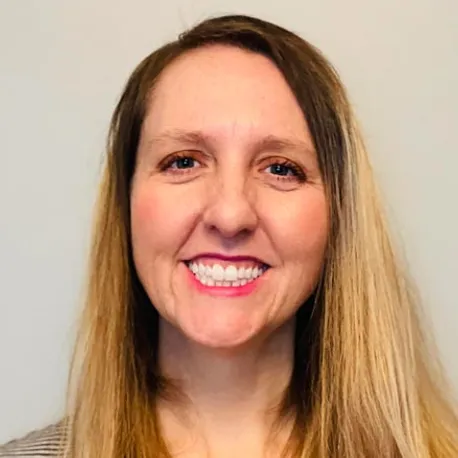
Her current work focuses on supporting and evaluating the construction of collaborative communities and building evaluation capacity within organizations and large-scale programs. In all efforts Adrienne works to (a) truly understand the purpose and needs for the evaluation or research undertaking, (b) develop feedback cycles that support continuous program improvement, (c) make implementation and impact data available and interpretable for program implementers, and (d) select the most rigorous, yet feasible analytic designs that are tailored to the unique needs of each program context. She has published in scholarly and practitioner-focused journals on topics including evaluation design, instrument validation, and the effectiveness of policy change.
After graduating from the University of North Carolina at Chapel Hill with a B.S. in Psychology Adrienne completed a Masters of Education in Curriculum and Instruction at UNC Greensboro. She taught third grade before returning to UNC Chapel Hill to complete a PhD in Education. In addition to her evaluation work Adrienne has led multiple NSF-funded research projects, taught doctoral-level research methods and statistic courses, and mentored undergraduate and graduate students.
Deepti Tagare
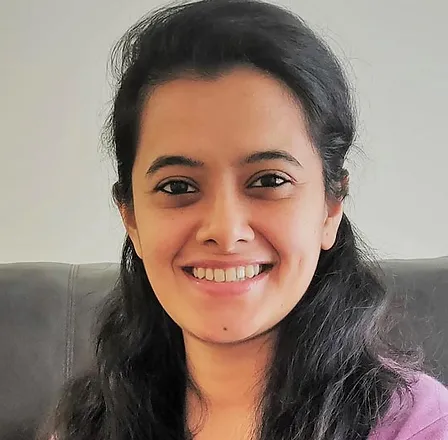
Mike Taquino

Dr. Taquino provides direction for the center’s research, data, and analysis activities and provides oversight for NSPARC’s multidisciplinary scientific team of sociologists, economists, statisticians, geoscientists, and industrial engineers. NSPARC’s scientific team specializes in data modeling and forecasting, social and economic impact research, analytics to support workforce and economic development, and research to drive policy development.
Dr. Taquino has more than 20 years of experience engaging in basic and applied research and managing large-scale, multidisciplinary projects. His work can be found in technical reports, policy briefs and journals such as American Sociological Review, Demography, Social Forces, Social Problems, Social Science Quarterly, and Rural Sociology. He holds doctoral degrees in Sociology from Mississippi State University and Human Sciences from the University of Catania, Italy.
Jafar Tavakoli

Cassandra Thomas
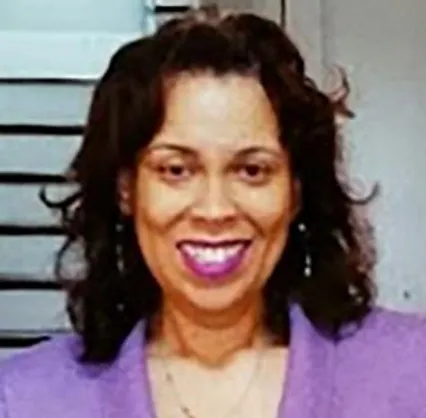
Susan Vrbsky
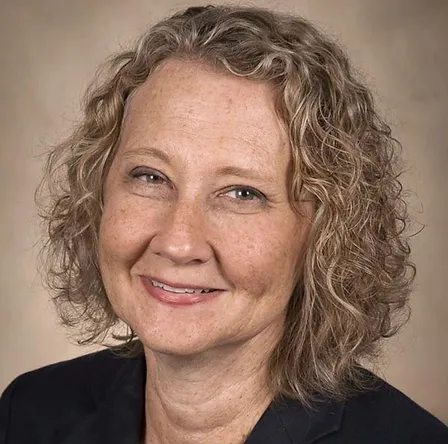
Dr. Vrbsky’s research is in the areas of databases, data security, cloud computing, and GPU algorithms. She served as the director of the Cloud and Cluster Computing Lab, which focused on such research as low-cost solutions to ensure data consistency in clouds, protection from flooding attacks in clouds, vertical clouds and power aware load balancing strategies in clusters and clouds. She has received support from the NSF, Department of Education, and the FAA. Dr. Vrbsky received her PhD from the University of Illinois, Champaign-Urbana.
Tiffani Williams
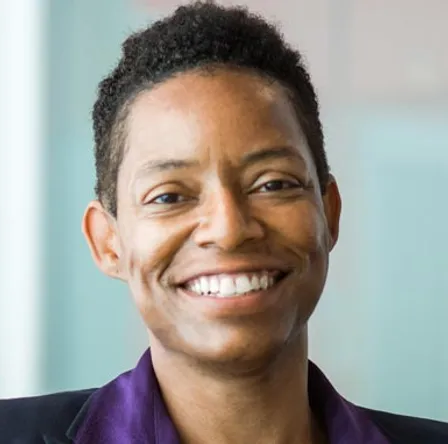
Her awards and honors include a McKnight Doctoral Fellowship, an Alfred P. Sloan Postdoctoral Fellowship, an Edward, Frances, and Shirley Daniels Fellowship at the Radcliffe Institute for Advanced Study, a Denice Denton Emerging Leader ABIE award, and a PopTech Science Fellow award. Williams has been recognized for teaching excellence at Texas A&M with the Graduate Faculty Teaching Excellence award, Undergraduate Faculty Teaching Excellence award, and the Distinguished Award in Teaching by the Association of Former Students.
Fan Wu
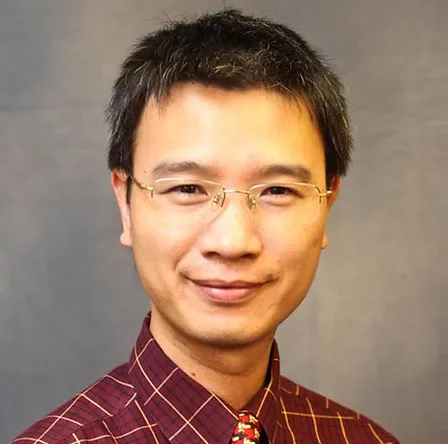
His teaching and research interests lie in primarily in the area of Information Assurance, Software Security, Mobile Security, High Performance Computing and Artificial Intelligence. He has led several cybersecurity related projects funded by NSF, DHS, and DoD. He has served as the associate editor of the International Journal of Mobile Devices, Wearable Technology, and Flexible Electronics (IJMDWTFE). He has involved students in research and published a number of research papers in cybersecurity, software security, mobile security, and information assurance.
Rebecca Zulli

Rebecca actively participates as a member of the National Center for Women and Information Technology (NCWIT) collaborative alliance where she provides strategic planning assistance to Computer Science departments and university administrators as an Extension Services Consultant. Since early in her doctoral studies, Rebecca has been actively engaged in diversity efforts as an evaluator for UNC Upward bound and the UNC AGEP program. She served as the Assistant Director for Evaluation at the NC Mathematics Science Education Network and later the Director of Research and Evaluation for the NC Alliance to Create Opportunity through Education. In seeking to advance best practices for promoting collective impact in recent years, Rebecca has worked to infuse implementation science and improvement science within her evaluation activities to support and promote rapid programmatic innovation and continuous improvement.
DEAPening Employer Academic Partnerships
There is a compelling need for effective and continual communication between academic computing programs that produce graduates and the employers that hire these graduates. Such communication will lead to improved education outcomes to ensure that college graduates are more effective on the job while accruing competencies (knowledge, skills, and dispositions) needed for long-term growth as professional. DEAP is designed to build a productive partnership between employers and academia, with a key goal of developing a recurring national survey of computing practitioners so that their carried work experience can be translated into feedback for improving academic program and making them relevant to the demands of both current and future employers.
Below are the logos of the contributing institutions.









